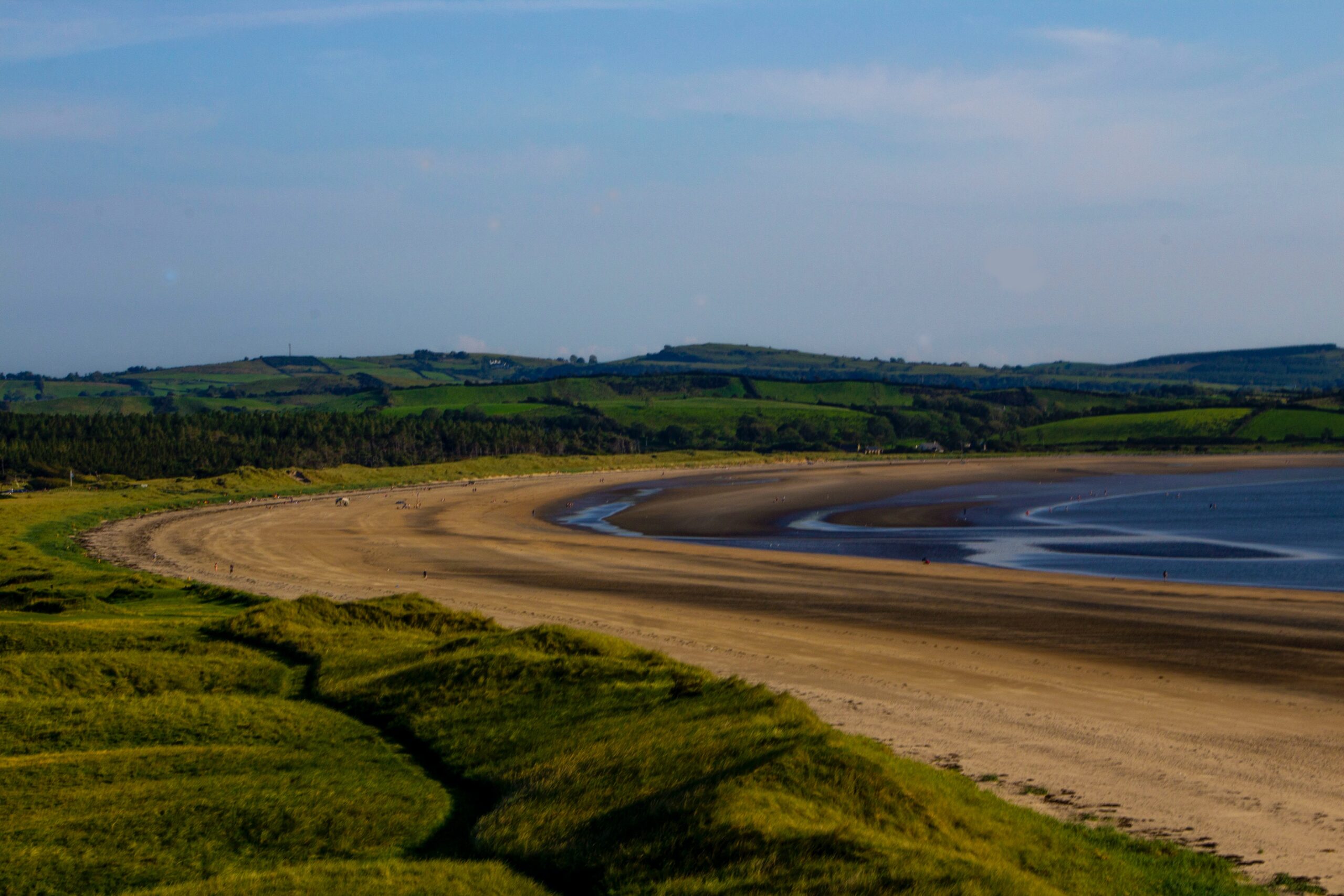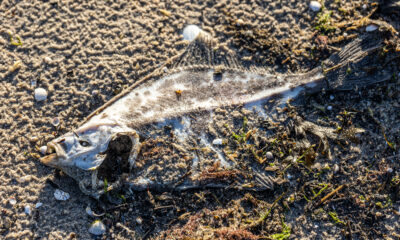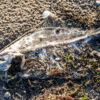Where Have the Snow Crabs Gone?

Credit: Unsplash
Alarming Findings Reveal How Marine Heat Waves are Impacting Alaska’s Fisheries
In a shocking revelation, a recent study published in Science on October 20, 2023, has uncovered the alarming disappearance of approximately 10 billion snow crabs from the eastern Bering Sea off the coast of Alaska between 2018 and 2021. The research, which has been eagerly anticipated, reveals a direct link between this mass die-off and a marine heat wave, a phenomenon amplified by human-caused climate change.
Snow crabs, a vital source of revenue for Alaskan fisheries, typically contribute an estimated $150 million annually to the industry. However, during the 2021-2022 crabbing season, revenue plummeted to a mere $24 million. With marine heat waves becoming increasingly frequent due to climate change, this crisis highlights the uncertain future of Arctic marine ecosystems and fisheries.
Researchers are now urging the fishing industry and policymakers to take heed of this unprecedented event. Cody Szuwalski, a fishery biologist at the U.S. National Oceanic and Atmospheric Administration’s Alaska Fisheries Science Center, emphasizes the importance of the findings, stating, “It’s a fishery disaster in the truest sense of the word.”
For the first time ever, the Bering Sea snow crab fishery will not open for the upcoming season due to a sudden decline in the stock of crustaceans, which came as a shock to biologists. (@AKpublicnews)https://t.co/6mgUL03QXh
— NPR (@NPR) October 15, 2022
The marine heat wave disrupted the ideal habitat for snow crabs in the eastern Bering Sea by preventing the usual formation of sea ice. Consequently, the crabs found themselves in warmer waters, which, while not directly lethal, led to increased metabolic demands and subsequent starvation.
The data shows that in 2018, the snow crab population initially boomed, reaching historic highs. However, they occupied a smaller area than normal, leading to overcrowding. The subsequent heat wave resulted in even higher calorie requirements for the crabs, but due to limited foraging areas, they faced resource scarcity. As a result, the crabs were found to have lower body weights, indicating the role of starvation in their decline.
Christopher Harley, a marine ecologist at the University of British Columbia, emphasizes the unprecedented nature of these events, pointing out the challenges of predicting and preparing for such occurrences. The impact extends beyond snow crabs, affecting ecosystems in northern latitudes, like those in Alaska, which are evolving rapidly due to climate change.
As the world grapples with the consequences of marine heat waves, the research underscores the urgent need to address the secondary effects on cold-blooded creatures, including their increased calorie requirements and the risk of starvation.



















